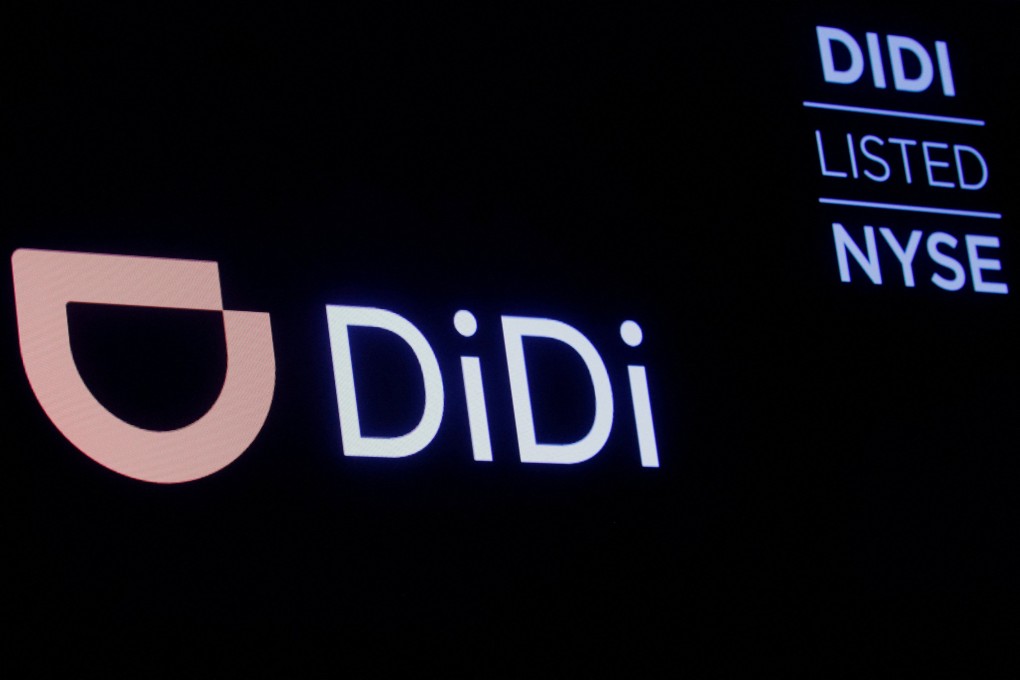Didi asks shareholders to approve delisting in New York to satisfy Beijing before going public on another exchange
- The ride-hailing giant is urging shareholders to vote to delist from the New York Stock Exchange to help it wrap up its cybersecurity probe in China
- Didi said delisting was necessary to complete its ‘rectification’ and list on another international stock exchange, which could be in Hong Kong

Didi Global, the Chinese ride-hailing giant whose New York listing triggered cybersecurity investigations by Beijing last summer, urged shareholders to vote at a meeting later this month to delist from the New York Stock Exchange, saying it is necessary to satisfy Chinese authorities.
Didi said it “has concluded that it needs to complete the cybersecurity review and rectification in order to resume normal operations”, including restoring its 26 apps in Chinese app stores so that the company can restart new user registrations.
If Didi does not delist to complete the rectification process, it “would have a material adverse impact on the company’s ability to conduct normal operations”, it said in a filing by company chairman and CEO Will Cheng Wei to the US Securities and Exchange Commission (SEC) on Wednesday.
Didi said it has to go through the cybersecurity review if it chooses to go public on “another internationally recognised exchange, including the Hong Kong stock exchange”. Following the probe of Didi, Beijing updated regulations to require a cybersecurity review of any company seeking an overseas IPO if it handles the data of more than 1 million Chinese users.